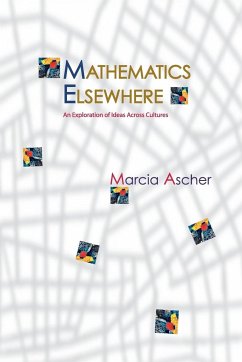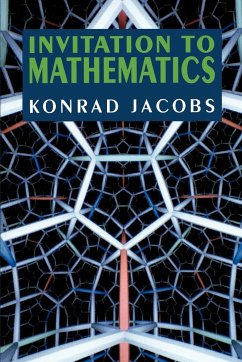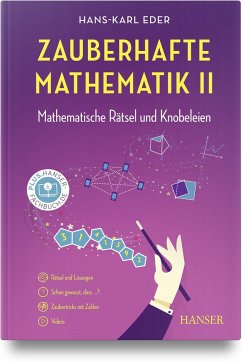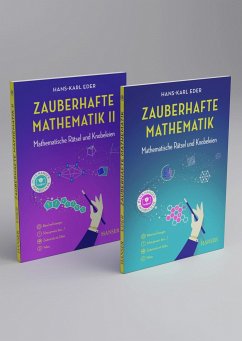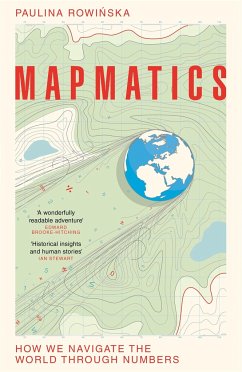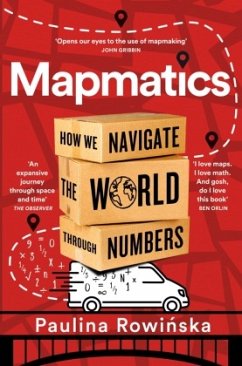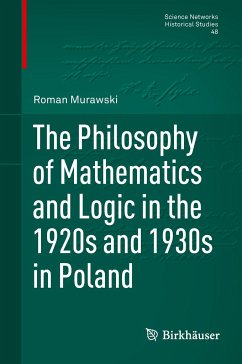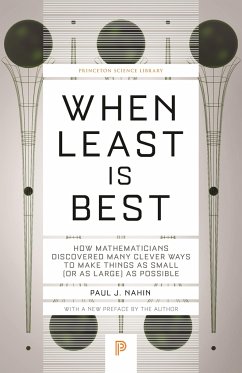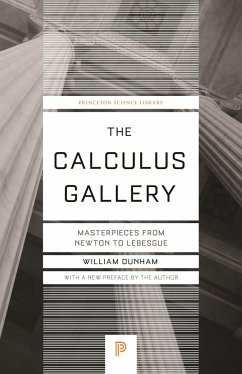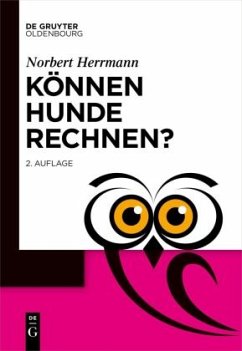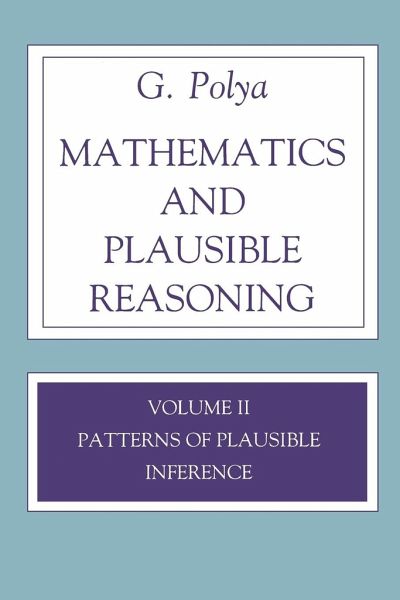
Mathematics and Plausible Reasoning, Volume 2
Logic, Symbolic and mathematical

PAYBACK Punkte
24 °P sammeln!
A guide to the practical art of plausible reasoning, this book has relevance in every field of intellectual activity. Professor Polya, a world-famous mathematician from Stanford University, uses mathematics to show how hunches and guesses play an important part in even the most rigorously deductive science. He explains how solutions to problems can be guessed at; good guessing is often more important than rigorous deduction in finding correct solutions. Vol. II, on Patterns of Plausible Inference, attempts to develop a logic of plausibility. What makes some evidence stronger and some weaker? H...
A guide to the practical art of plausible reasoning, this book has relevance in every field of intellectual activity. Professor Polya, a world-famous mathematician from Stanford University, uses mathematics to show how hunches and guesses play an important part in even the most rigorously deductive science. He explains how solutions to problems can be guessed at; good guessing is often more important than rigorous deduction in finding correct solutions. Vol. II, on Patterns of Plausible Inference, attempts to develop a logic of plausibility. What makes some evidence stronger and some weaker? How does one seek evidence that will make a suspected truth more probable? These questions involve philosophy and psychology as well as mathematics.




